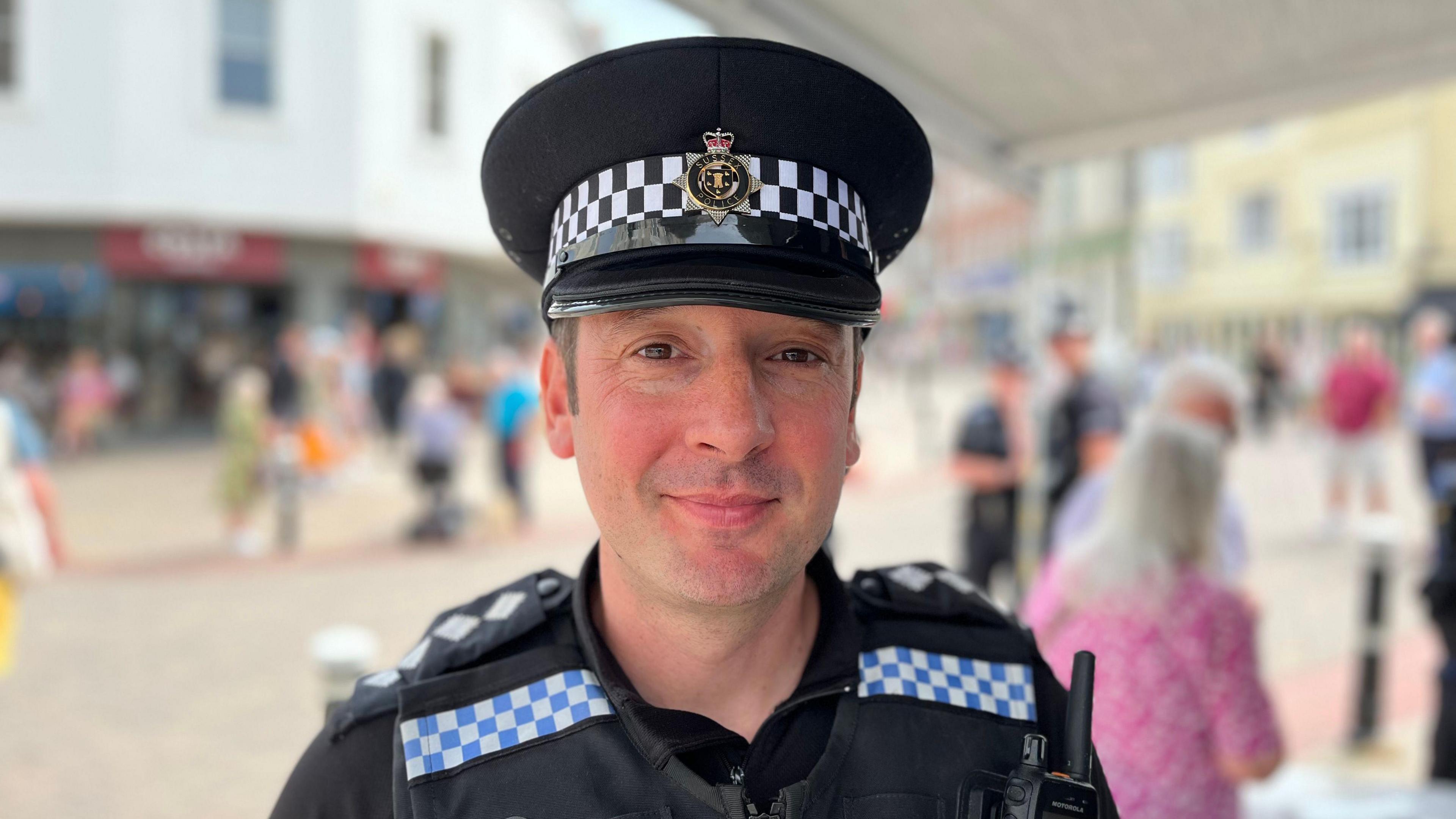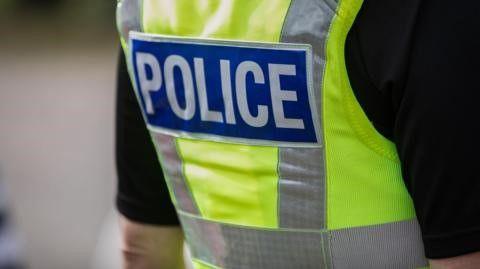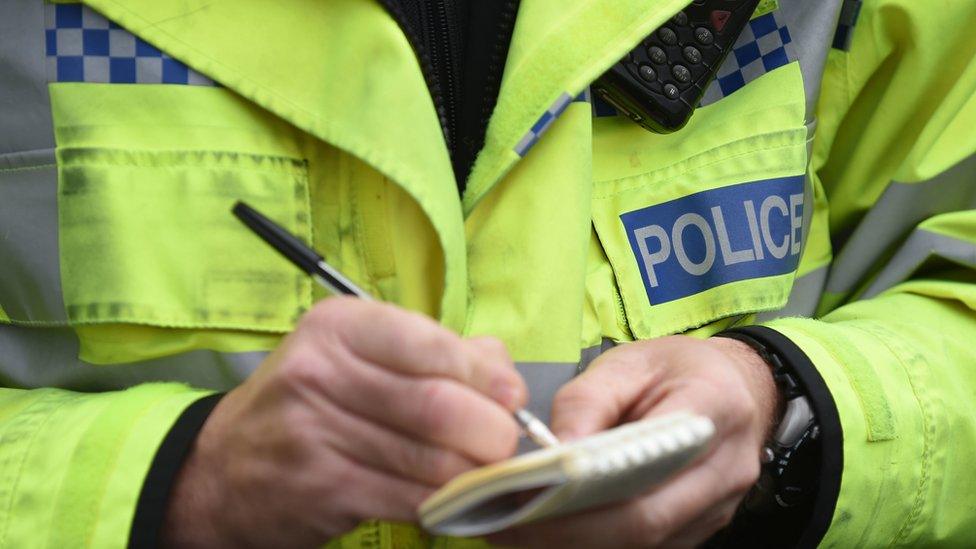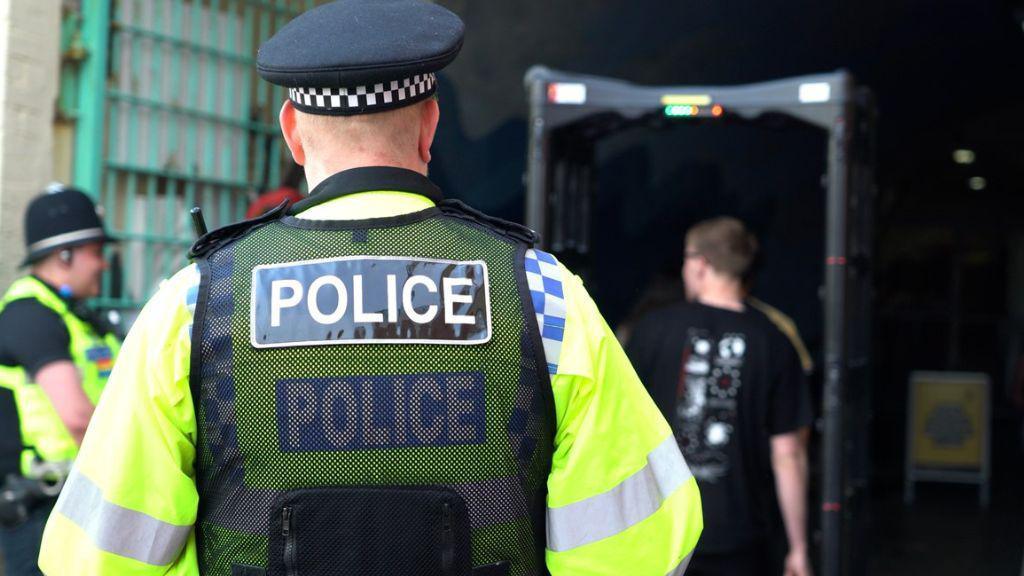Targeting hotspots will not affect other towns - police

The hotspot policing team has already carried out more than 5,000 hours of patrols
- Published
Work to target crime “hotspots” in Sussex will not leave other towns short of officers, a chief inspector has said.
Sussex Police is concentrating efforts on seven towns and cities in the region that have above average levels of anti-social behaviour and violence - Hastings, Eastbourne, Brighton, Worthing, Chichester, Horsham, and Crawley.
The hotspot policing team has already carried out more than 5,000 hours of patrols in those areas, which led to drug dealers being arrested and knives being taken off the streets.
Ch Insp Jim Loader said: "This is about putting police officers towards areas that experience the highest amounts [of crime], but that doesn’t mean we’re not anywhere else in Sussex."
He explained that outside the hotspots there were still neighbourhood policing teams that worked "tirelessly".
The hotspot team patrols at irregular times during the day and night as part of the new strategy.
Mr Loader added: “We understand the nuances of different types of crime.
"Here [in Hastings] at midday it’s more likely to be anti-social behaviour. During the evenings it's more likely that will involve violent incidents.”
The force received 17.9% fewer reports of anti-social behaviour and serious violence in 29 areas of “relatively high concentrations of crime” between April and July, compared to the same period in the year before.
Hastings resident Denny Te thought the increased police presence would help limit crime and anti-social behaviour in the town.
“I feel safe in the town during the day, but at night there are certain places you wouldn’t go because you can be targeted," he said.
Follow BBC Sussex on Facebook, external, on X, external, and on Instagram, external. Send your story ideas to southeasttoday@bbc.co.uk or WhatsApp us on 08081 002250.
- Published3 August 2024

- Published13 April 2023

- Published28 May 2024
